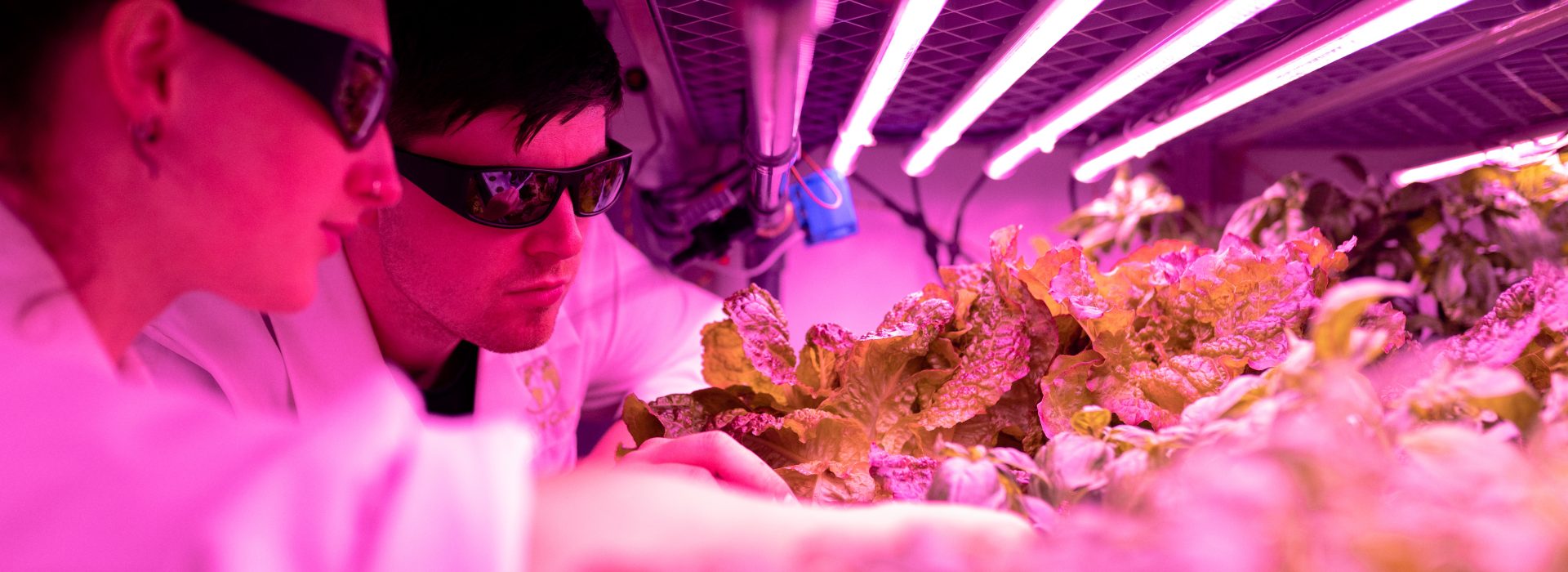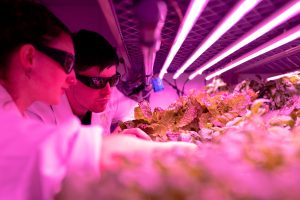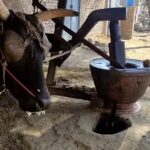In the relentless pursuit of progress and innovation, humanity has often found itself at odds with the very fabric of nature. The industrial food system, with its emphasis on mass production and efficiency, has already wreaked havoc on the environment, leading to pollution, loss of biodiversity, climate destabilization, and the destruction of small rural economies. Now, with the advent of new genetic editing techniques, we stand at the precipice of another potentially catastrophic shift.
The Industrial Food System: A Troubling Legacy
Before delving into the implications of genetic editing, it’s essential to understand the context in which these technologies are emerging. The industrial food system has prioritized profit over sustainability, leading to devastating consequences:
- Environmental Pollution: The widespread use of synthetic fertilizers, pesticides, and herbicides has contaminated soil, water, and air.
- Loss of Biodiversity: Monoculture farming has led to the extinction of numerous plant and animal species, disrupting ecosystems.
- Climate Destabilization: Intensive farming practices contribute to greenhouse gas emissions, exacerbating climate change.
- Destruction of Rural Economies: The dominance of large agribusinesses has marginalized small farmers, eroding local economies and communities.
These issues serve as a stark warning as we consider the potential impact of genetic editing techniques.
Genetic Editing: A Pandora’s Box?
Supporters of these techniques may be misguided in their optimism, as these methods are not widely tested, and history has shown that past alterations in genetic material have consistently led to problems and unforeseen consequences.
- Altering the Genetic Fabric of Life: By manipulating genes, we may inadvertently disrupt the delicate balance of biological processes that sustain life.
- Ecological Risks: Changes to one organism can have ripple effects throughout an ecosystem, leading to unforeseen consequences.
- Ethical Concerns: The power to alter genes raises profound ethical questions about consent, ownership, and the potential for misuse.
Nature’s Complex Web
Nature and her ecosystems are not linear or isolated; they are a complex interconnected web of processes and beings. When one being is affected, so is the entire web of life. This intricate network is still not fully understood by science, and the mechanisms by which genetics and genetic expression work are tied up with one another in ways that are often mysterious and unpredictable.
A Case Study: Genetically Modified Organisms (GMOs)
The story of GMOs serves as a cautionary tale. While genetically modified crops have been heralded for their potential to increase yield and resist pests, they have also led to unforeseen ecological impacts. For example, the development of “superweeds” resistant to herbicides has forced farmers to use even more toxic chemicals. The non-target effects on beneficial insects, such as bees, have further disrupted ecosystems.
A Call for Prudence
In light of the potential risks, there is an urgent need for a cautious and responsible approach to genetic editing. This includes:
- Robust Regulation: Governments must implement stringent regulations to ensure that genetic editing is conducted safely and ethically.
- Public Engagement: Transparent dialogue with the public is essential to address concerns and build trust.
- Interdisciplinary Collaboration: Scientists, ethicists, environmentalists, and other stakeholders must work together to navigate the complex ethical and ecological landscape.
Conclusion
The concept of genetic editing may seem intriguing, but the history of the industrial food system serves as a stark warning that technological interventions can bring unforeseen and often detrimental risks.
As we approach a critical juncture in the field of genetic manipulation, it’s crucial to understand that our actions are not simple adjustments to individual genes; we are meddling with a complex and interconnected network of life. The choices we make now could have irreversible implications for our planet and every living being on it.
Our path forward must be marked by extreme caution and an acknowledgment of the profound limits of our understanding. We must show deep respect for the complexity of life’s interwoven fabric, recognizing that we are tampering with something we do not fully comprehend. The gravity of our responsibility in this critical moment is immense, demanding the utmost wisdom and foresight. The delicate balance of life’s web is at stake, and once disrupted, it may never be fully restored.












